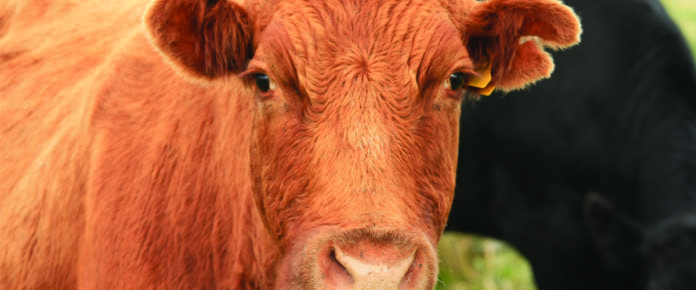WASHINGTON — A new study published by the Proceedings of the National Academy of Sciences of the United States of America found that beef production and consumption causes the largest environmental impact, compared to other meat products.
“The best way in this context to lower your environmental impact is to eliminate beef whenever possible and replace it with other sources of sustenance,” Gidon Eshel, environmental physics professor at Bard College, Annandale-on-Hudson, New York, told CBC News. Eshel led the study, which was published Monday.
The published work took into account the amount of resources required per consumed calorie of the specified animal product. Beef production used 28 times more land (potentially destroying natural habitats), 11 times more water and six times more nitrogen fertilizer when compared to other proteins. It produced five times more greenhouse gases.
The study primarily focused on the U.S., although Canada has similar farming practices. The degree of impact varies based on the location and resource availability of the protein source.





















